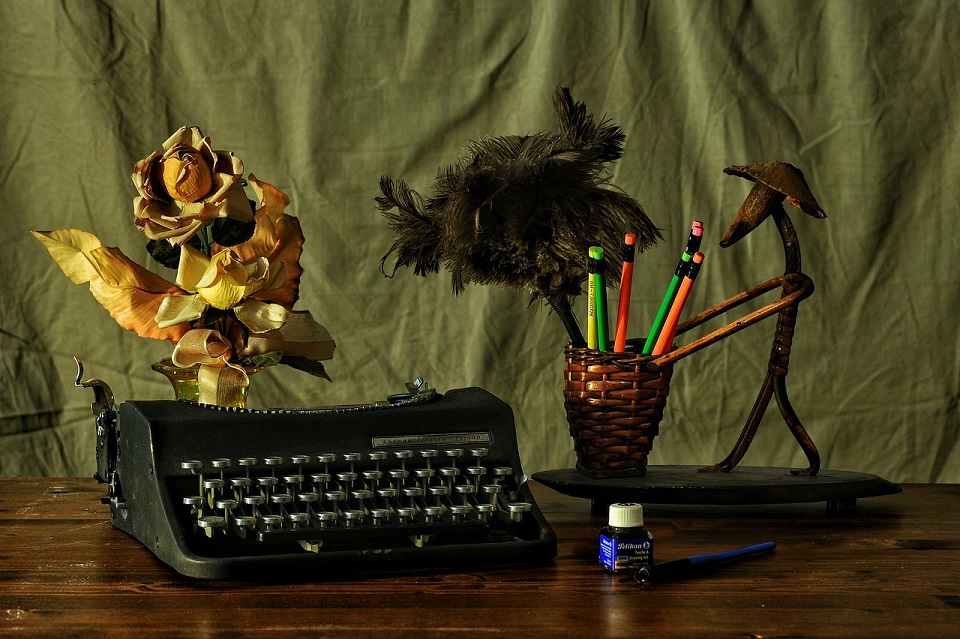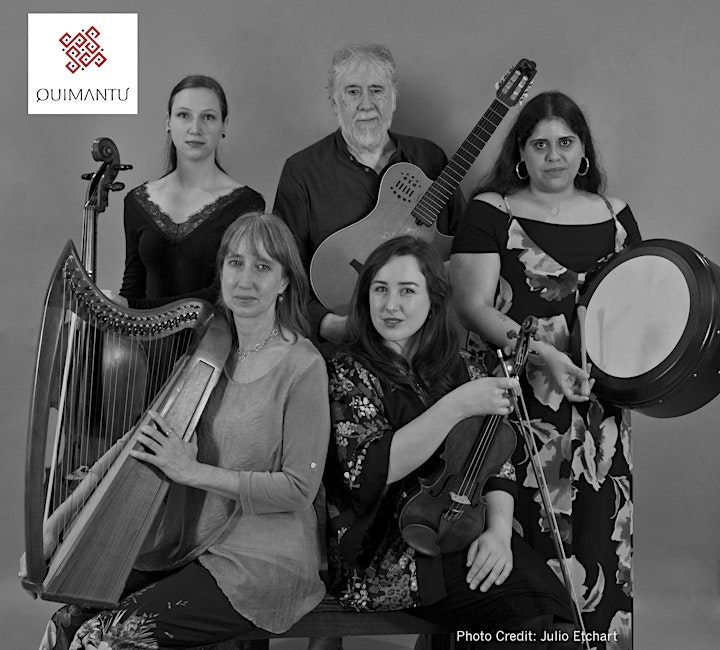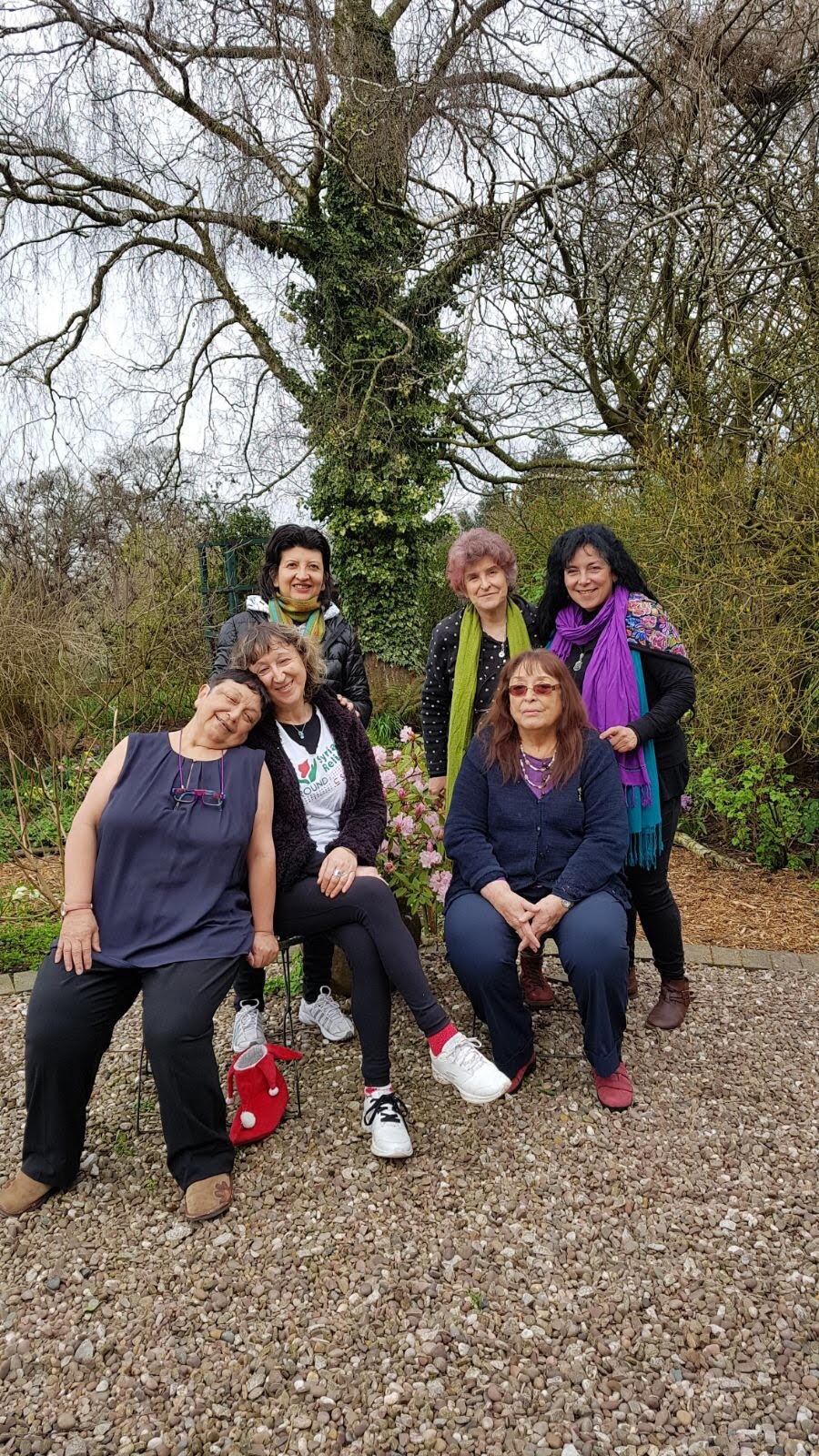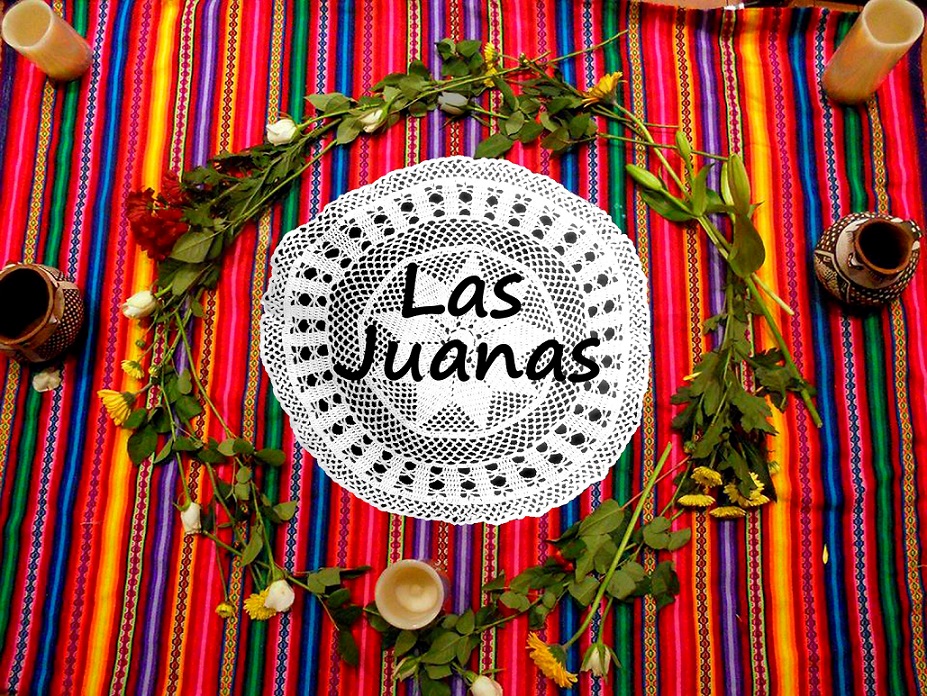These two languages of art will converge in the “Voces Festival” (Chilean and Latin American Voices in the UK), an event that has taken place every year since 2016 and is a proposal that projects what immigrants and refugees living in a city as multicultural as London live and feel. It will take place on 8 March, International Women’s Day.
 Migration, beyond all the difficulties it has to face, also offers opportunities for the diaspora to ‘rethink’ and ‘remake’ itself. And this is an experience that enriches musicians and poets.
Migration, beyond all the difficulties it has to face, also offers opportunities for the diaspora to ‘rethink’ and ‘remake’ itself. And this is an experience that enriches musicians and poets.
So thinks Mabel Encinas-Sánchez, poet member of the collective Las Juanas and senior lectures at London Metropolitan University, who spoke to The Prisma about this festival, which she says “celebrates the creativity of women in music and poetry”. For Mabel, this type of scenario where different cultures converge is important because “perhaps although several of us were born in Latin America, I believe that we are all in some way hybrids in cultural terms.”
Who is behind the “Voices Festival / Festival Voces”?
Voices Festival is an event created by the musical group Quimantú (a Mapuche word meaning “sun of knowledge”) which began in 1981, with a musical proposal that creatively mixes hundreds of traditional popular styles from the Americas with contemporary influences such as Western classical music, Celtic, African or South Asian styles, among others. This fusion has an international perspective and a message of justice and peace.
Quimantú – directed by Chilean musician and composer Mauricio Venegas-Astorga –is a group that performs instrumental music and vocal arrangements, with lead vocalist Laura Venegas-Rojas and a group of musicians of different nationalities, mostly women including Rachel Pantin (who is also co-director along with Mauricio, and producer of the Festival), Jobine Siekman, and Emma Purslow.
 What is “Voices Festival / Festival Voces” 2024?
What is “Voices Festival / Festival Voces” 2024?
It is a music and poetry festival that has taken place every year since 2016. I found out about it through our poetry collective Las Juanas. From the beginning, I found Voices’ proposal very interesting, because it does not remain tied to the past, but rather it projects what we are as migrants or refugees living in a multicultural London, where we learn and develop as humans in ways that we had not planned.
What sort of “ways that we had not planned”?
In developmental psychology we have the concept “prolepsis”. It sounds very academic, but what it refers to is the anticipation we make of our potential futures. This is very clear in parenting. For example, parents assume potential futures for their children. This occurs depending on the cultural context, urban or rural, of a certain social class, with greater or lesser heteronormative influence, and assuming what it means with all these variables to be a girl, to be of indigenous origin, or even to have a disability, for example.
That anticipation is not completely normative, because we do not necessarily become what our parents and society imagined for us. But I believe that migration, despite all the difficulties we face, also offers us opportunities to rethink ourselves and literally re-make ourselves. Migrant musicians or poets are enriched by that experience.
We no longer just move according to the projections of our ancestors or our cultures of origin, but rather we find other paths of expression. Just as Quimantú fuses its music with other musical influences, we writers and poets also fuse our creation with various experiences that enrich us and are linked to multiple languages and cultures.

To start with English and British culture, but also with all the synergic richness or the linguistic and cultural, of our multicultural experience.
Is the Festival only for/by Latin American Voices?
They are actually voices that come from the mixture of Spanish-speaking cultures (from Latin America and Spain) and from the cultures originating from the Americas, and more, much more.
Not all of the participating musicians or poets are Latin American. For example, Rachel is English and Jobine is Dutch. Perhaps although several of us were born in Latin America, I believe that we are all in some way hybrids in cultural terms.
What is the theme of the Voices Festival this year?
This year the first event of the Festival will be on March 8, and celebrates the creativity of women in music and poetry.
For this reason, Quimantú will interpret works by legendary female figures such as Chabuca Granda (Peru), Gabriela Mistral (Chile), Maria Elena Walsh (Argentina), Violeta Parra (Chile), Carole King (USA), Amparo Ochoa (Mexico), Alfonsina Storni (Argentina), and Cecilia Todd (Venezuela). It is within this framework that Las Juanas had the honour of being invited as Hispanic-American poets, based in the United Kingdom.
Who and what are Las Juanas?
We, Las Juanas, are currently a group of five women, poets and writers. The group was an initiative of María Eugenia Bravo-Calderara and Consuelo Rivera-Fuentes, both Chilean, and at the beginning we were a group of seven poets from Latin America and Spain. Three colleagues left the group for various reasons throughout the years, and two new poets joined. In total there have been nine of us, and for about six years and until last year there were six of us. Unfortunately, Consuelo passed away last year, and I feel like we’re still grieving.
We started in 2010 with the name of Hispanic-American Writers on Memory. We are interested in memory, because it is closely linked to learning and the creation of possibilities. From the beginning we believed that it was important to create a space for women with the intention of taking the floor and telling our histories, our herstories, because we do not want to be defined by others, but rather to define ourselves and find other possibilities from the past.
 All of us feel the need to write and we do it both through stories and poetry, and some, with songs and visual arts. We believe that the personal is political, and we also believe that writing gives meaning to our experiences and allows us to create futures. The current members are Denise Vargas-Bolaños, Isabel Ros-López, María Eugenia Bravo-Calderara, Marijo Alba-Sanchez, and me.
All of us feel the need to write and we do it both through stories and poetry, and some, with songs and visual arts. We believe that the personal is political, and we also believe that writing gives meaning to our experiences and allows us to create futures. The current members are Denise Vargas-Bolaños, Isabel Ros-López, María Eugenia Bravo-Calderara, Marijo Alba-Sanchez, and me.
Who will be featured at the festival?
In this event of Voices Festival event, our collective Las Juanas, will open. Four of us will be there: María Eugenia, Isabel, Denisse and me. We will all read poetry in English (or with an English translation), we will read something from Marijo (because she will be in Madrid that day), and from Consuelo. Isabel, who is also a singer-songwriter, will sing a couple of songs by Latin American women composers. The main event will be performed by Quimantú, our hosts.
Date and venue: Friday 8 March. The Green Note, Camden 106 Parkway, London NW1 7AN. For more information click here: Green Note, and here: Quimantú.












.jpg)












